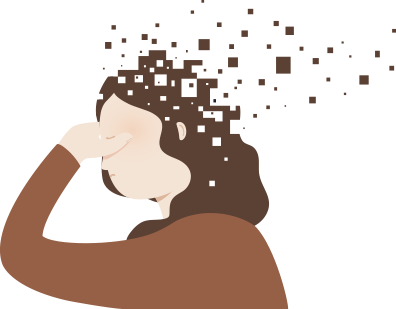
March 13, 2024
The Importance of Counselling For Your Mental Health
The World Health Organization, or WHO, defines mental health as the condition of well-being in which an individual is aware of his or her potential. The individual is able to produce good work, give back to the community, and manage and cope with any stress that life may throw at them.
Both our body and our mind need to be in good shape for us to function well. Our body and mind are one entity. If one of them isn’t healthy, the others won’t function as well.
It’s common to take mental health for granted. In order to stay in shape and preserve their physical health, many go on diets or work out in the gym. But mental health is frequently disregarded.
Information about Mental Health
Being free from any form of mental condition is only one aspect of having good mental health. It is crucial to one’s entire health because an unhealthy mind will prevent the rest of the body from working properly.
According to the World Health Organization (WHO), maintaining good mental health is crucial since it plays a significant role in the human condition.
How can one tell if their mental health is in good shape?
If a person’s health is in tip-top shape, factors including biological, social, and environmental factors can assist determine that. The health of the mind can be impacted by any form of disturbance in these variables.
Counseling Techniques
Numerous types of counseling exist. Knowing which form of counseling you are most comfortable with is essential for effective counseling:
- Cognitive therapy — This therapy is founded on the idea that a lot of the time, how you think affects how you act and feel. Using this type of therapy, psychiatrists can assist you in altering your thoughts to improve how you feel or behave.
- Behavior therapy is a type of therapy that focuses on changing undesirable and unhealthy behavior. Rewarding good behavior and habits help to reinforce them.
- Group therapy – A skilled professional facilitates group therapy sessions. People who share the same mental health challenges can express their emotions in a private setting. When necessary, the group members help one another.
- Psychoanalysis: You can reflect on your past while receiving this sort of counseling. You can better comprehend the causes of your current actions, behaviors, and thoughts with the aid of a qualified counselor.
Counseling Aids in The Treatment of Mental Disorders By
1. Recognize your condition. You can better comprehend your mental state with the aid of your therapist. He or she can assist you in understanding the causes of your sickness as you speak.
2. Take on obstacles. You can overcome various obstacles in your life with the help of counseling. Your therapist can assist you in identifying the causes of your mental illness and assisting you in dealing with them in a healthy manner.
3. Modify present habits. Your therapist can assist in identifying the routines you currently follow to manage your mental illness. He or she can assist you in coming up with strategies to modify the habits that are now making your mental health problems worse.
4. Make space for recovery. The first step toward recovery is accepting your mental health difficulties. For the sake of the present and the future, let go of the past. Counseling can help you find the solutions you need to become better and can teach you how to let go of the things that caused your condition.
5. Reduce your level of tension. Talking to a sympathetic listener or someone who can comprehend you will assist you to reduce the tension you’re experiencing. You can express how you are feeling in this way without fear of criticism. As a result, you start to feel better and gain insight into how to deal with your situation.
Mental health counseling is a time-consuming, step-by-step process. The therapy must be consistent in order to be effective. The patient will simply revert to their prior condition if they do not attend the scheduled treatment sessions.



